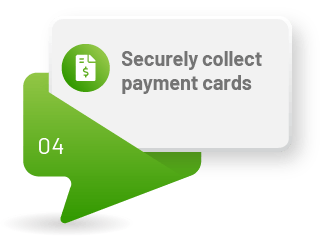A company email policy for your travel agency should be clear and concise, and easily accessible to all employees and independent subagents or contractors who are utilizing your agency’s email system. It should be reviewed and updated on a regular basis, in line with changes in the law and best practice.
Some key areas that a company email policy should cover include:The use of company email for personal purposes, including the sending and receiving of non-work-related emails and messages, social media updates, or other activities.
- The use of company email for business purposes, including communicating with travel industry suppliers, customers, and partners; scheduling meetings; sharing documents and files; and collaborating on projects.
- The sending of confidential or sensitive information via company email, such as financial data, customer records, or business plans. This may also include compliance with any legal requirements for the protection of this information.
- The storage and retention of company email data both in terms of how long it is kept within the system (for example, in accordance with industry regulations or legal requirements) and on backup files and archives.
- The monitoring of company email usage, including the tools and software used to track employee activity, monitor data storage, and enforce security policies. This may also include disciplinary action for violations of the email policy.
When drafting a company email policy, it is important to consider the specific needs of your travel business and adapt the policy accordingly.




